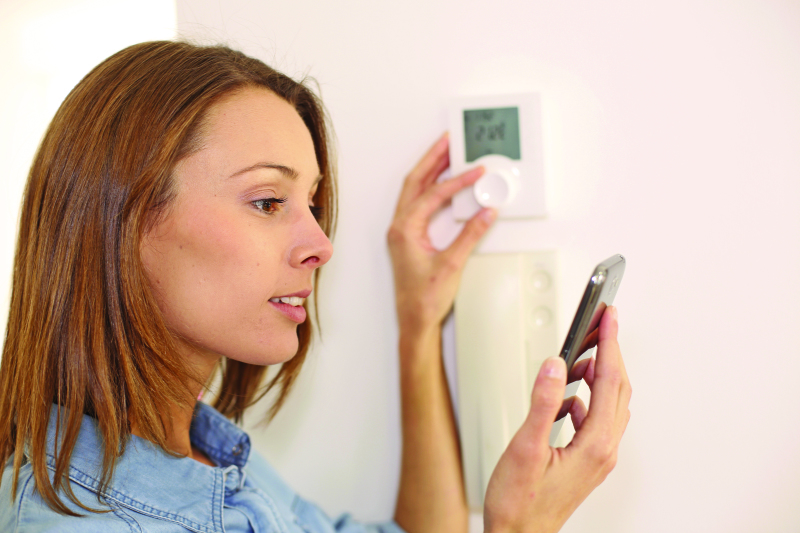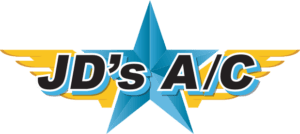What Does REME technology mean for Longview TX?
Feb 3, 2012

Summertime is upon us, and here at JD’s A/C we want to help you stay in the know on how to improve the effectiveness of your A/C unit!
Here are some simple ways you can get the most out of your A/C unit
- Close windows and doors
- Plug leaks in your attic, doors, and windows
- Set, or program your thermostat and forget about it
- Keep your condenser in the shade
- Maintain regular filter changes
- Maximize airflow around your condenser
- Invest in a zoning system
- Set your thermostat to a reasonable temperature
- Keep up with regular maintenance of your unit
Close Windows and Doors
It is highly recommended that you close all windows and doors when the air conditioner is turned on. This will keep the cool air inside the room and keep the temperature moderate. In addition to cooling efficiency, leaving the windows open will also put stress on the air conditioner. This is because the open windows let warm air inside. This extra stress may cause the air conditioner to become faulty prematurely.
Plug Leaks Around The Home
When it is said that the room should be leak-proof, it means that warm air from the outside shouldn’t come in.
- Make sure that the doors and windows are closed
- Check for small spaces under or on the side of the door
- Check near the windowsill for any gaps in the panels that can let cool air out and warm air in
Your AC is designed in a way that it turns off automatically to conserve power and improve efficiency. If an air conditioning unit does not turn off, it will run on a constant basis, causing your electric bill to be higher than it should, or needs to be!
Ready, Set, Program Your Unit
Programmable thermostats function optimally when your home and away intervals are 8 to 10 hours each. Frequent adjustments to your thermostat cost you more energy, while constant temperatures boost the efficiency. Each degree beyond the recommended temperature of 78-degrees, will increase your heating and cooling costs by 2%.
Here are helpful tips on how to adjust your thermostat to save money year round!
Cooling Settings
- Start the day with the thermostat set to 78 degrees.
- Program a 7-degree setback that starts before you leave.
- Have the thermostat lower the indoor temperature to 78 degrees before your arrival in the evening.
- For additional savings, set the temperature back by 4 degrees at night.
Heating Settings
-
- During the coldest months you should keep your thermostat around 68 degrees when you’re home.
- Set the thermostat to warm your home to this temperature before you wake up.
- Start the first 8-degree setback when you leave the house in the morning.
- Program a temperature increase before you return in the evening.
- Schedule another 8-degree setback at your bedtime.
Keep Your Condenser In The Shade
Keeping your condenser in the shade can improve not only the efficiency of your unit, but the energy cost on your bill too! Planting trees to shade your air conditioner can make the unit 10% more efficient, according to the U.S. Department of Energy. Planting just three trees in strategic areas near the compressor can reduce your annual cooling costs by $100 to $250 depending on the size of your cooling unit.
Shade trees keep outdoor temperatures down by cooling the air around them and blocking unrelenting sunlight from heating the ground. After a long day of absorbing heat, the ground releases it into the air and makes your air conditioner work harder than it needs to.
However, when shading your ac unit, here is a couple NO-NO’s:
- Don’t restrict the airflow around your unit. This includes providing plenty of clearance for low-hanging trees, bushes, and any other shrubbery.
- Don’t allow vegetation like leaves, moss, or any other materials clog your unit
- Keep a reasonable distance around your condenser
Change Your Filters Regularly
It’s important to change the air filter for your heating and air conditioning system every month. Regularly replacing your air filters will provide several benefits.
- It helps extend the lifespan of your HVAC unit, as the most common reason for heating and cooling equipment breakdowns is a dirty air filter. When dirt accumulates, air can’t pass through, reducing the life of your equipment causing system overheating issues.
- Changing your air filters can also keep energy costs down. A clean air filter puts less strain on the equipment, so your HVAC system will consume less energy to keep you comfortable.
- In addition, new air filters will help maintain good indoor air quality. Clean air filters can prevent dirt and allergens from entering your home. This helps protect people suffering from allergies.
- Replacing your filter every month is also inexpensive and easy. Keeping your heating and cooling system clean can prevent unplanned repairs from happening in the future.
As experienced HVAC service providers, we recommend paying close attention to your air filters during the winter and summer months. Be sure to schedule yearly maintenance to maximize and maintain the life of your unit.
Maximize Airflow Around Your Condenser
Don’t do something like build a deck over your condenser to conceal it. Interfering with airflow around your condenser unit will make your air conditioning system work harder, which costs you more money. Allow space around it for the air to move and flow freely.
Invest In A Zoning System
When zoning systems are in use, temperatures can be adjusted in a single area without affecting the rest of the home. Each zone has its own thermostat which communicates with the zoning system – a zoning panel and zone dampers installed within the ductwork that allow the heating or cooling unit to deliver conditioned air to only the zones where it is needed.
Set Thermostat To Reasonable Temperature
Setting your thermostat to 78-degrees Fahrenheit is the most efficient setting for your AC unit during the warmer months. Keeping your home’s temperature at a lower degree, such as 72-degrees for example, could increase your cooling cost by as much as 47%!
Keep Up With Routine Maintenance
When your air conditioner needs more than regular maintenance, hire a professional service technician with JD’s AC. One of our well-trained technicians will find and repair problems with your AC unit!
Our Certified HVAC Technician will:
- Check to insure the correct amount of refrigerant
- Test for refrigerant leaks
- Capture any refrigerant that must be evacuated from the system, properly disposing of it
- Check for and seal duct leakage in central systems
- Measure airflow through the evaporator coil
- Verify the correct electric control sequence
- Inspect electric terminals, clean and tighten connections, and apply a non-conductive coating if necessary
- Oil motors and check belts for tightness and wear, repairing if needed
- Check the accuracy of the thermostat and efficiency
